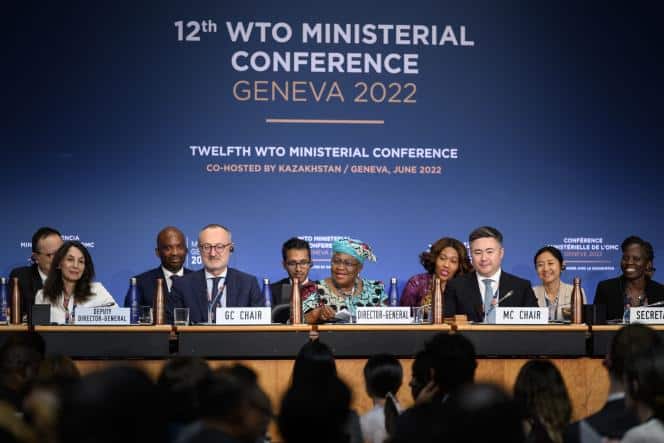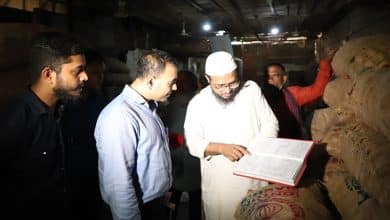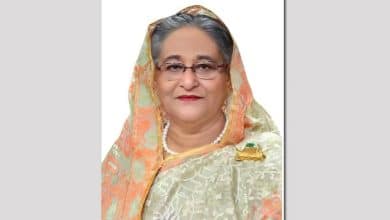
The World Trade Organization concluded deals Friday on tackling food insecurity, curbing harmful fishing subsidies and temporarily waiving Covid-19 vaccine patents after days of round-the-clock talks.
WTO director-general Ngozi Okonjo-Iweala said the trade ministers’ conference had struck an “unprecedented package of deliverables” after the global trade body’s 164 members passed the deals just before 5:00 am (0300 GMT) at the organisation’s headquarters in Geneva.
“Not in a long while has the WTO seen such a significant number of multilateral outcomes,” she said.
“The package of agreements you have reached will make a difference to the lives of people around the world. The outcomes demonstrate that the WTO is in fact capable of responding to the emergencies of our time.”
The talks began Sunday and were due to wrap up on Wednesday — but instead went straight through two nights and on into Friday.
The ministerial conference also agreed on deals on e-commerce, responding to pandemics and reforming the organisation itself.
Negotiations towards banning subsidies that encourage overfishing and threaten the sustainability of the planet’s fish stocks have been going on at the WTO for more than two decades.
The WTO chief said Friday the accord takes a “first but significant step” to curb government subsidies and overcapacity – too many operators – in the fishing industry.
“WTO members have for the first time, concluded an agreement with environmental sustainability at its heart,” Okonjo-Iweala said. “This is also about the livelihoods of the 260 million people who depend directly or indirectly on marine fisheries.”
More controversial was agreement on a watered-down plan to waive intellectual property protections for COVID-19 vaccines, which ran afoul of advocacy groups that say it did not go far enough – and could even do more harm than good.
“The TRIPS waiver compromise will contribute to ongoing efforts to concentrate and diversify vaccine manufacturing capacity so that a crisis in one region does not leave others cut off,” said Okonjo-Iweala of the waiver of intellectual property protections.
Aid group Doctors Without Borders called it a ” devastating global failure for people’s health worldwide” that the agreement stopped short of early calls to include other tools to fight the coronavirus including treatments and tests.
The meeting also agreed to lift export restrictions that have weighed on the U.N.’s World Food Program, which is trying to offset the impact of rising food prices and fallout from Russia’s war in Ukraine on shipments of wheat, barely and other foodstuffs from a key producer of them.
Okonjo-Iweala, who took over in March 2021, hinged her leadership on breathing new life into the sclerotic organisation.
The former foreign and finance minister of Nigeria positioned herself as someone who can bang heads together and get business done.
The last ministerial conference in Buenos Aires in December 2017 was seen as a flop after failing to strike any heavyweight deals.
“We have more work to do and now I can see that we are capable of doing it,” said Okonjo-Iweala.





